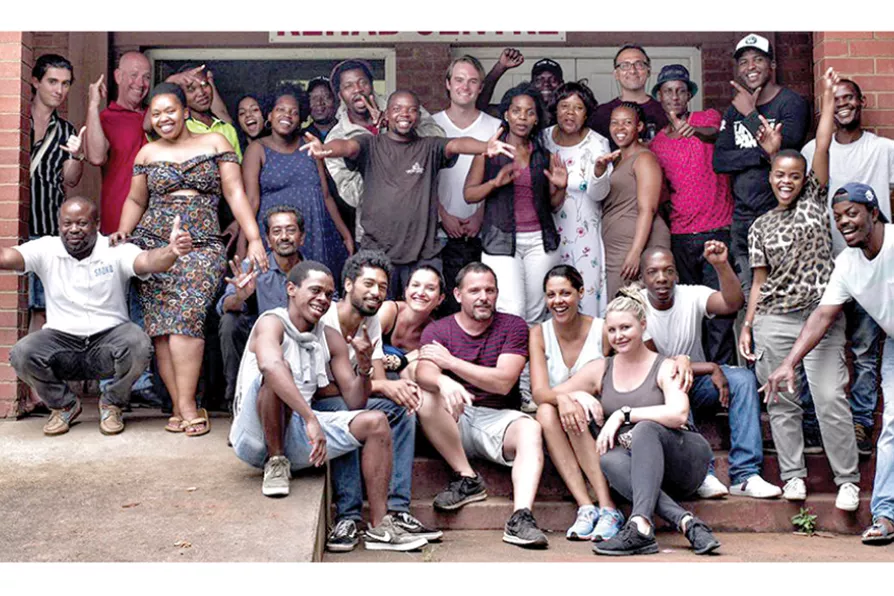The PM says Mandelson 'betrayed our values' – but ministers and advisers flock to line their pockets with corporate cash, says SOLOMON HUGHES

 [Author supplied]
[Author supplied]
AFTER 10 years in the making, the landmark film London Recruits is now set for its international release. The film tells the story of the heroic contribution made by activists from across Britain to the fight against apartheid in South Africa.
These activists put themselves on the line to support the fight against the racist apartheid regime. The film’s world premiere took place at the Johannesburg Film Festival earlier this year, where the film won the award for the best documentary.
Further official selections at the New York African Film Festival in May and at Encounters South African International Documentary Film Festival in June have underlined the importance of this Welsh/South African co-production has been well received by African audiences, both at home and in the diaspora.

In the final part of a serialisation of his new book, JOHN McINALLY explains how in 2018, after years spent rebuilding the PCS into a leading force against austerity, a damaging rupture emerged from within the union’s own left wing

The shared path of the South African Communist Party and the ANC to the ballot box has found itself at a junction. SABINA PRICE reports

RONNIE KASRILS pays tribute to Ruth First, a fearless fighter against South African apartheid, in the centenary month of her birth











